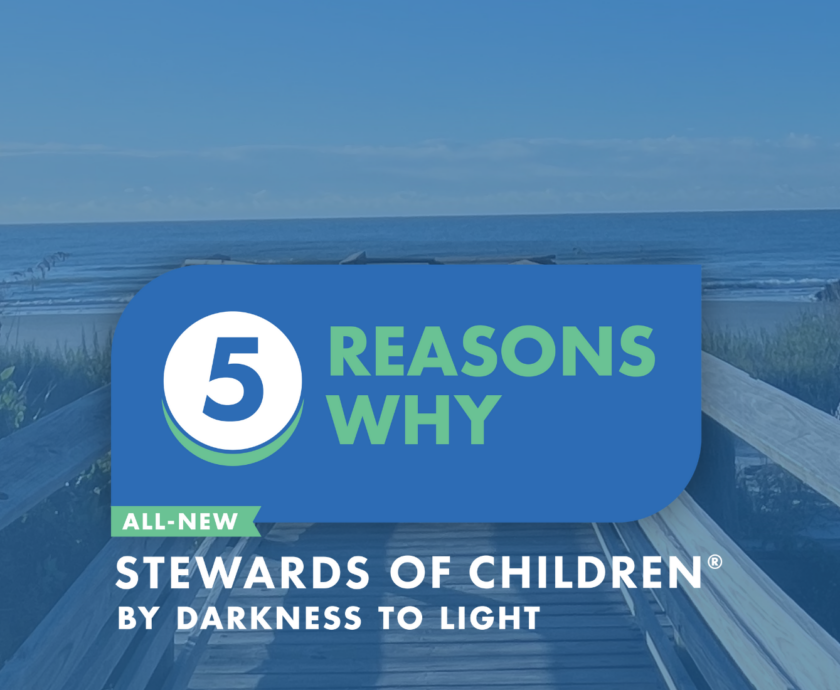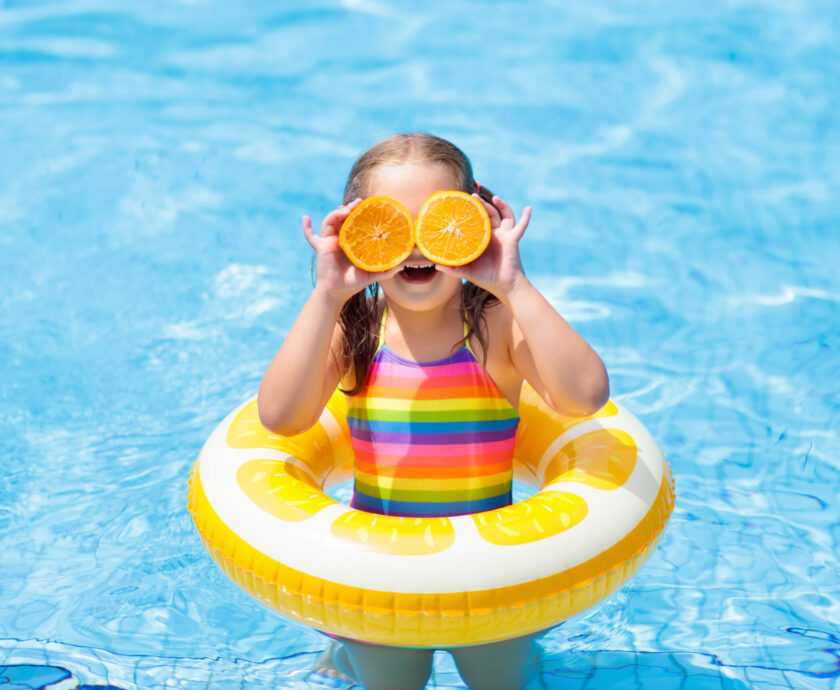After school activities serve as childcare, enrichment, tutoring, or engagement in sports. Whatever their purpose, parents and caregivers rely on these activities to keep their kids safe.
Some parents will ask the tough questions (what training your staff has in child sexual abuse prevention, what is your code of conduct, how do you handle reports of abuse) but others aren’t as bold or simply don’t know what to ask.
A topnotch after school organization or program should be proactive and not only ask these questions – and others – of themselves, but also openly share this information with all their stakeholders.
Staff & Training
Every staff member, from the executive director and manager to bus driver and custodian, should be considered a mandated reporter whether they are required by law or not. What is a mandated reporter? A mandated reporter is a person who is required by law to report suspicions of child abuse or neglect to the proper designated authorities. All 50 states require that professionals who work with children report reasonable suspicions of child abuse, and some states require anyone with suspicions to report.
With that title comes a lot of responsibility. After school programs needs to make sure that their staff are properly trained to be mandated reporters and an even stronger program will take that to the next level and require that their staff take additional training like Stewards of Children®.
Code of Conduct
After School programming needs to provide parents and caregivers with a copy of their Code of Conduct. This document clearly explains how staff, volunteers, and older youth will interact and conduct themselves with the children in the program. A topnotch program will not only post this for everyone to see (including the children in the program) but will periodically review it to make sure it reflects the needs of the children and the organization.
There are encouraged interactions that should be highlighted in a code of conduct and there should be clear boundaries around prohibited interactions. If your program needs help establishing a code of conduct, please reach out to Darkness to Light for help.
Physical Space
The physical space that the children will spend time in is an important part of the after school program. It may be a classroom, a playground, multipurpose room, or small space. The best after school programs conduct environmental scans and continually make sure that children are not in one on one, adult-child interactions. If a one on one situation is unavoidable, then topnotch programs install windows, cameras, or have these situations interruptible.






